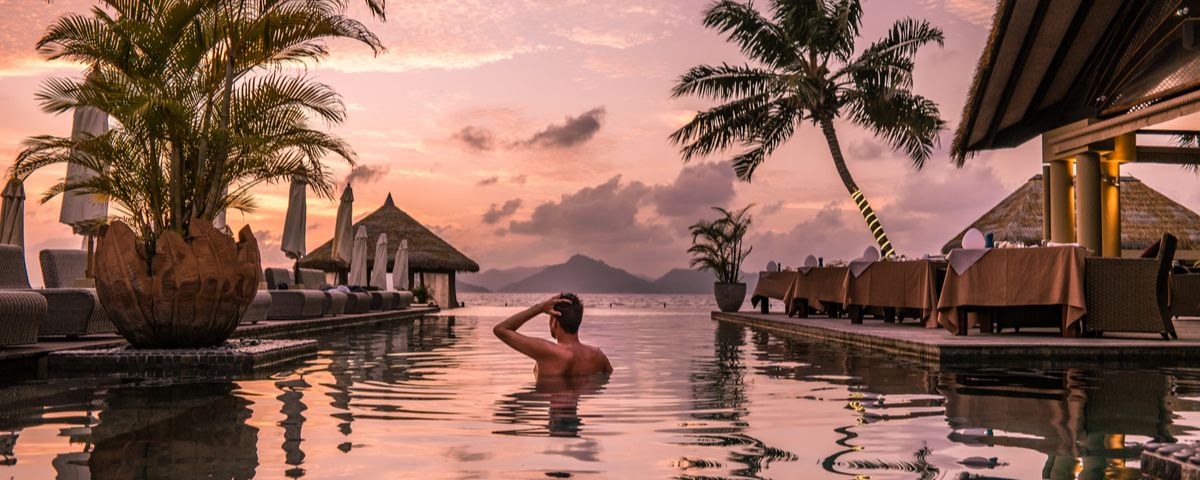Marketing strategist Gregory Ciotti is known to have said that, “Marketing is enthusiasm transferred to the customer”. This definition has indeed worked well for many marketing strategies. Since the unexpected arrival of COVID-19 10 months ago, numerous industries have been hit, but none more so than the travel industry
And within the luxury travel sector, surveys have shown that the high net worth individuals appear to be more resistant and have constantly been showing pent-up demand for travel.
The luxury travel sector now seems to be in the other end of the Mr. Ciotti’s quote. It appears that the target market’s enthusiasm is being positively transferred to the industry. Amidst the monetary and job losses (United Nations has projected that the pandemic will cost the travel and tourism industry approximately $1 trillion in losses and more than 100 million jobs worldwide), the customer’s continued enthusiasm is great news and in many ways act as a beacon of hope for the industry.
To get more insights in luxury travel and hospitality marketing, I spoke with David Nickel, co-owner of Jadewolf Marketing. With over 10 years’ experience in digital marketing and luxury brand management, David has co-founded Jadewolf Marketing, a marketing agency specialising in data driven, direct marketing management for luxury travel brands.
Initial Reaction
No one knew or could at least foresee the gravity of COVID-19. Virtuoso’s Senior Vice President, Partnerships Albert Herrera said in a Virtuoso Travel Week virtual event back in August, “Coming into 2020, luxury was poised to have the most successful year on record, but the global pandemic brought the world to a halt.”
David Nickel confirms this, saying that when the pandemic brought travel to a halt, most of their clients’ initial reactions were to freeze their marketing budgets. Understandably, in the early stages, many brands were hesitant to move forward amidst trying to understand and size up the effect of COVID-19 to businesses.
It was a combination of brands sticking to the old tried-and-tested ways of marketing, or completely pulling the plug on marketing.
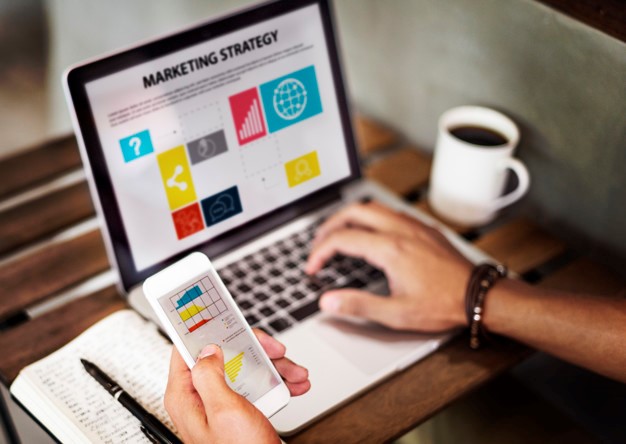
A Different Approach on Unique Selling Proposition
David relates that eventually, brands started to adjust to new ways and angles of marketing. One brand that comes to his mind is the hotel group Shangri-la, who came up with a different USP (Unique selling proposition) during the pandemic.
With its hashtag #shangrilacares, the hotel group focused on showing the more ‘human’ side of the brand, relating to also having to adjust to new normal scenarios such as working from home. Using the tagline, “Your well-being in our care”, the brand shows how safe it is for guests to stay with them, showcasing hotel staff practicing social distancing and proper safety equipment.
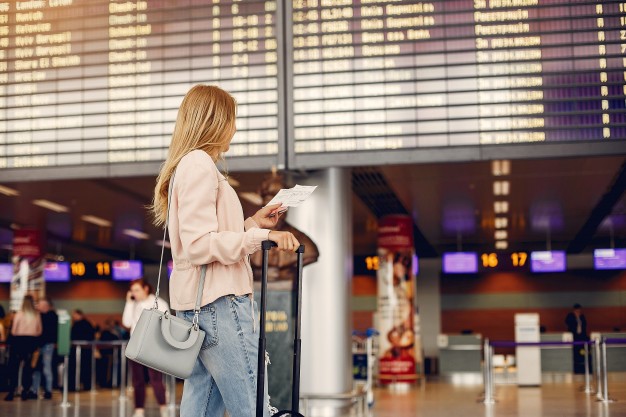
Focus on Data-Driven Marketing
David shares that they recently conducted a survey for a luxury magazine which showed that in terms of travel planning, the HNWI (High Net Worth Individual) demographic remains generally unaffected. If travel restrictions and bans worldwide were to be suddenly lifted, travel will go on as usual pre-pandemic style for this group, if not even more.
Because travel restrictions and lockdowns change almost every day, it pays to keep on top of things. For instance, HNWI’s in America are freer to travel than their global counterparts. Without travel restrictions in their country, American HNWI’s, though few, are currently travelling.
For this market, it’s a case of strategically arranging and suggesting complex travel itineraries for them to work around the constantly changing global restrictions.
Trust is the New Luxury
The luxury traveller still wants to travel, but their priorities and preferences may have slightly changed. They naturally want to know that they will be safe in their travels. So, hospitality and travel brands have given focus on showing how they adhere (and even exceed) safety protocols. In general, luxury hospitality brands want to know that you can trust your well-being in their hands when you stay with them.
David also shares that because of traveller’s priority of enjoying while staying safe, resort hotels are doing better than their city counterparts. Places with lots of open spaces and where it’s easier and more natural to observe social distancing are faring better.
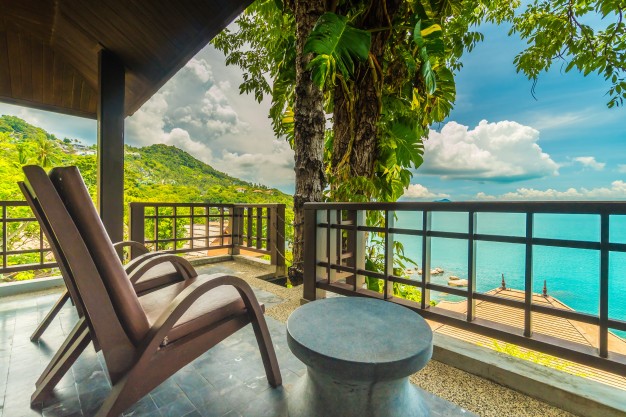
Paying attention to Travel Corridors
Destinations like the Maldives and Thailand have opened up their tourism once more. Instead of focusing on a worldwide branding campaign, many travel and hospitality brands in these areas are paying attention to travel corridors. Any road that is open to them and vice versa. A targeted geographical approach is the marketing key.
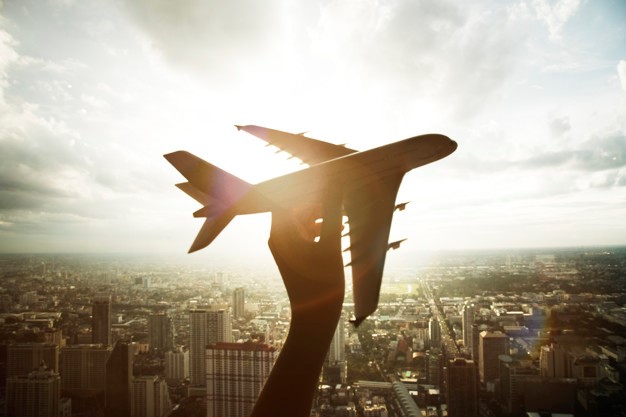
2021 and Beyond
Because of the continued lockdowns and fluctuating restrictions, David foresees that travel and hospitality brands will continue to focus on their domestic market for 2021.
International travel will also gradually and slowly be given marketing focus, depending on restrictions.
In terms of spending, he sees more allotment given on data-driven campaigns versus general brand awareness.
David also hopes that bigger, more traditional players will embrace the powers of digital technology and use this towards their customer relationship management.
This year has been a big shakeup for plenty of brands that are accustomed to using traditional (old fashioned) marketing methods. Hopefully, a year is long enough for these brands to realise that what used to be just an alternative method (digital) is now the way to go.
With not much to travel to and explore, everybody is on their digital devices these days. It’s only wise for brands to use this as a means to reach their market.


